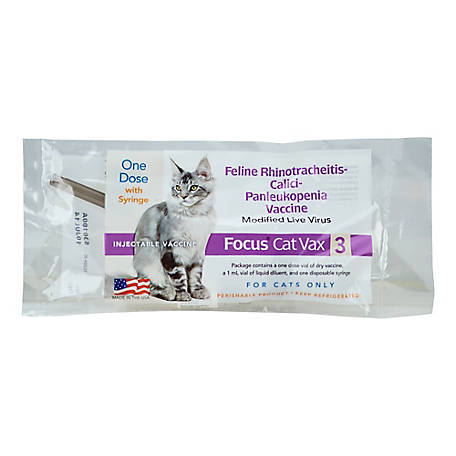What Vaccines Do House Cats Need
However, it is important to discuss your cat’s individual risk factors with your veterinarian before skipping any shots. Yes, you should vaccinate your indoor cat!

Do Indoor Cats Need Shots Every Year - Clever Pet Owners
When kittens are nursing, antibodies in their mother’s milk help protect them from infections.

What vaccines do house cats need. Cats that live outdoors are at more risk for infectious disease and often need these additional vaccines. Here's what you'll need to. Instead, discuss with your vet which vaccinations are suitable according to your cat’s needs and habits.
Feline rhinotracheitis virus, feline calici virus, and. Core vaccines include rabies and fvrcp (feline herpes virus , panleukopenia virus and calicivirus). When you get your kitten, one of the first things you should do is register them with a local vet, who will be able to carry out the vaccinations your kitten.
A surprising (to me) number of cat owners argued that since their cats lived inside and were never allowed outside, a rabies vaccination wasn’t needed. I do not recommend that any cat receive subsequent boosters any more often than every three years; Kitties need several immunizations during their first year to protect them against serious diseases.
Panleukopenia (also known as feline distemper) feline calicivirus; How to keep house cats happy. Your vet can advise which vaccinations your cat or kitten will need to help protect them from infectious diseases.
But after about six weeks old and eating solid food, it’s time for them to be vaccinated. Some vaccines are recommended for all cats. Understand, the best way to know what vaccines your cats may need, and the frequency is.
Cats with outdoor access benefit from more opportunities to exhibit natural behaviours like climbing, exploring, roaming their territory and communicating with other cats in the area. My vet tells me that my indoor. However as your cat is going to be an indoor cat he is likely to be at lower risk of coming into contact with these viruses.
It is a myth that cats who live indoors do not need to be vaccinated against infectious diseases. For me, the most important list of vaccines for indoor cats are: Cat flu (feline herpes virus and feline calicivirus) feline infectious enteritis;
Feline leukemia, a usually fatal cancer caused by a retrovirus, spreads from cat to cat via saliva, when the animals lick, bite, or groom one another. Highly effective vaccines are available, however, and all cats and kittens should be vaccinated as this virus is much better prevented than treated. All cats, even indoor cats, should receive the rabies vaccination and booster to avoid the various unwanted risks and consequences associated with skipping the vaccine.
While there are certain mandatory, or core vaccines for cats, there are also noncore vaccines for different lifestyles or vaccines that are only recommended during the kitten years. Your veterinarian is your best resource for figuring out the best vaccine routine for your feline family member, but this chart will help you understand the basics. Core vaccines are those recommended for all cats, no matter where they live or under what conditions.
Many cat lovers skip annual vaccines and checkups for their cats, especially if they have an indoor cat.“part of the problem is that people believe that cats are low maintenance,” says jane. The four core vaccines for cats are: Cats are commonly vaccinated against:
That means that an indoor cat will require lots more of your time and effort to be happy and healthy. Protecting against rabies thankfully rabies is not present in the uk, but if you want to take your cat abroad and bring them back into the country, or if you want to adopt a cat from overseas, they will need to be vaccinated against rabies for their pet passport. In australia, core vaccines for cats include:
Some cats are really difficult to take to a veterinary hospital. While living an indoor lifestyle is certainly safer overall than living outdoors, and indoor living contributes to a longer life expectancy, important infectious diseases can find indoor cats. The american association of feline practitioners vaccination guideline recommends that kittens get a full series of vaccinations against panleukopenia, feline herpes type 1, calicivirus, feline leukemia, and rabies followed by a.
If you want to continue offering your cat full protection then a booster vaccination is required in line with the vaccine manufacturers’ license for the vaccine. If the animal is not currently vaccinated, then it should not be vaccinated until the confinement period is completed.
/adult-cat-vaccination-schedule-4846632_V4-ff36ccb34d74410d9652b4307a26e8b3.png)
What Is The Average Adult Cat Vaccination Schedule
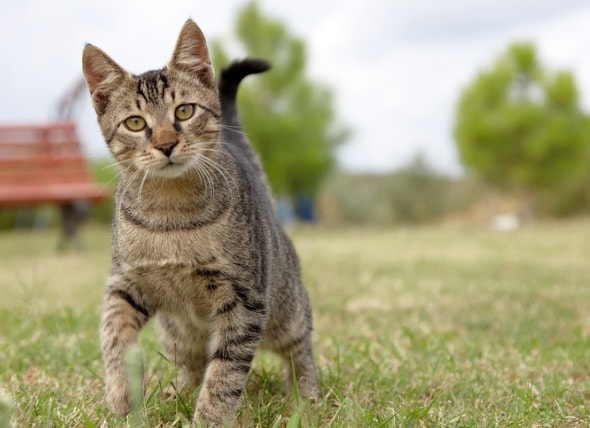
What Vaccines Does My Outdoor Cat Need Petmd
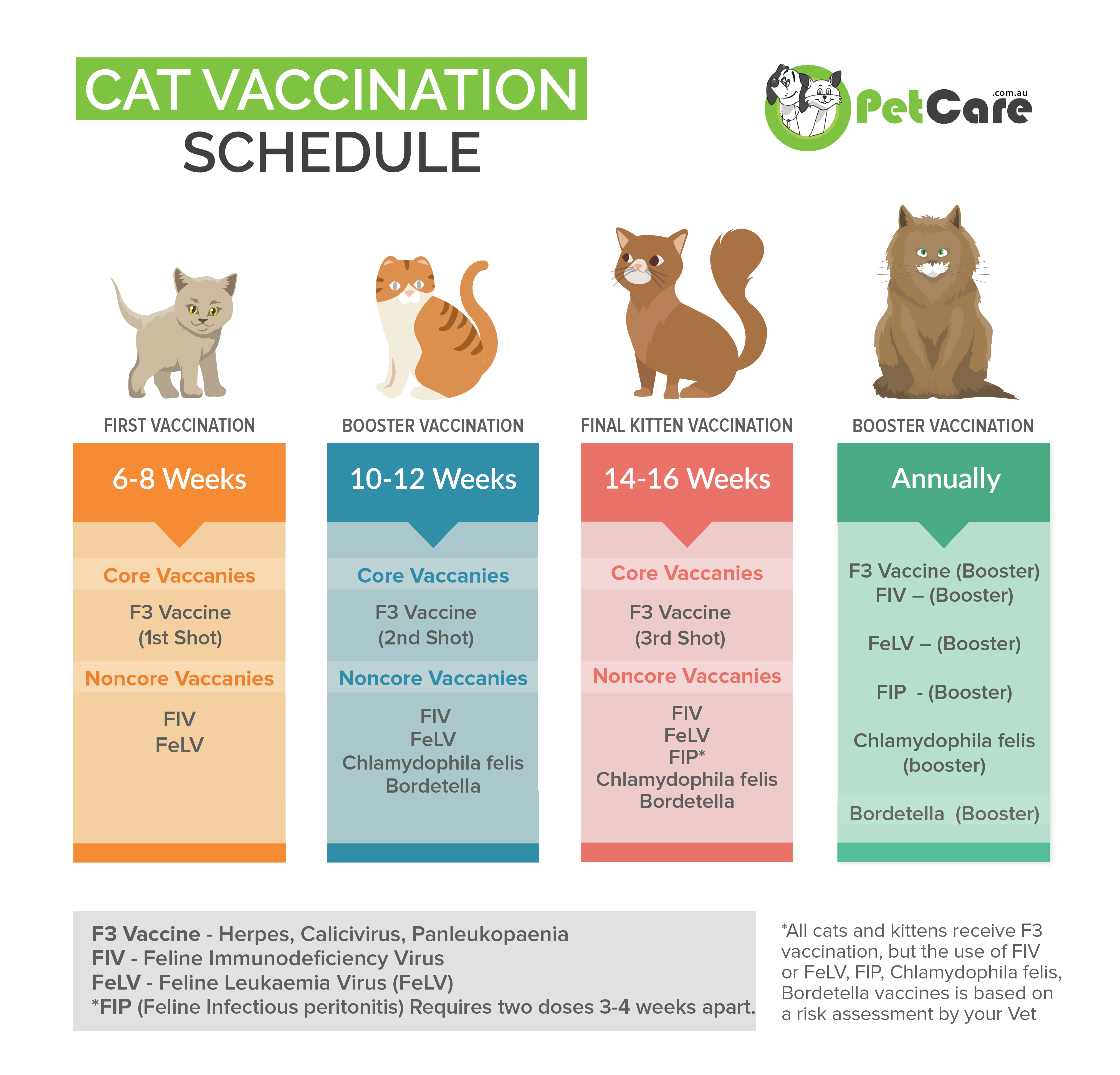
Cat And Kitten Vaccinations Schedule Cost In Australia

Essential Cat Vaccinations Petmd
Focus Cat Vax 3 Injection With Syringe 1 Dose 51666 At Tractor Supply Co
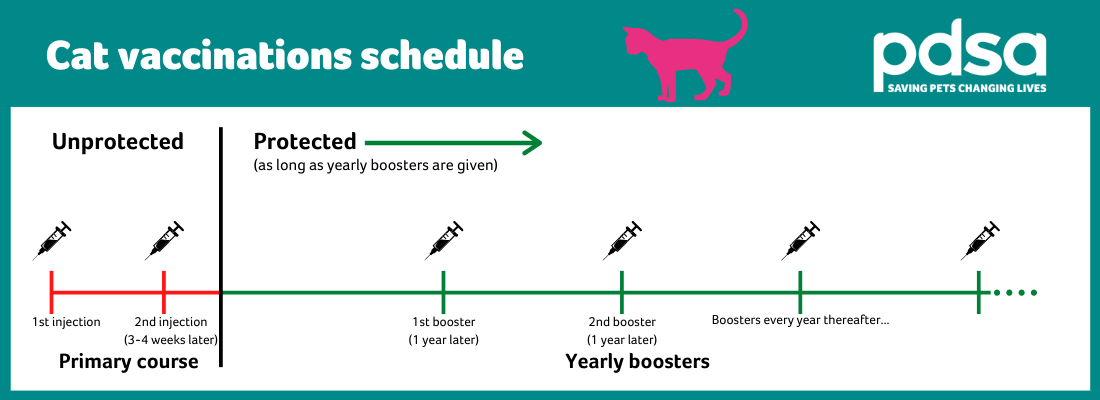
Cat Vaccines - Pdsa

Why Vets Recommend The Distemper Vaccine For Cats Daily Paws
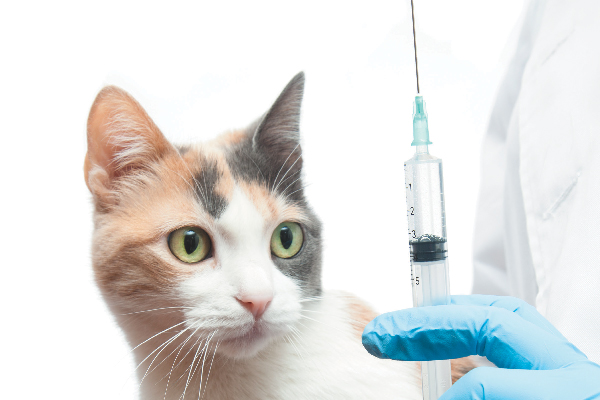
Cat And Dog Vaccination A Complete Breakdown Of What You Need Elite Veterinary Care
/kitten-vaccination-schedule-4165446_v3-1aedbc8477bc4514909e737f78eee2ab.png)
Vaccination Schedule For Kittens
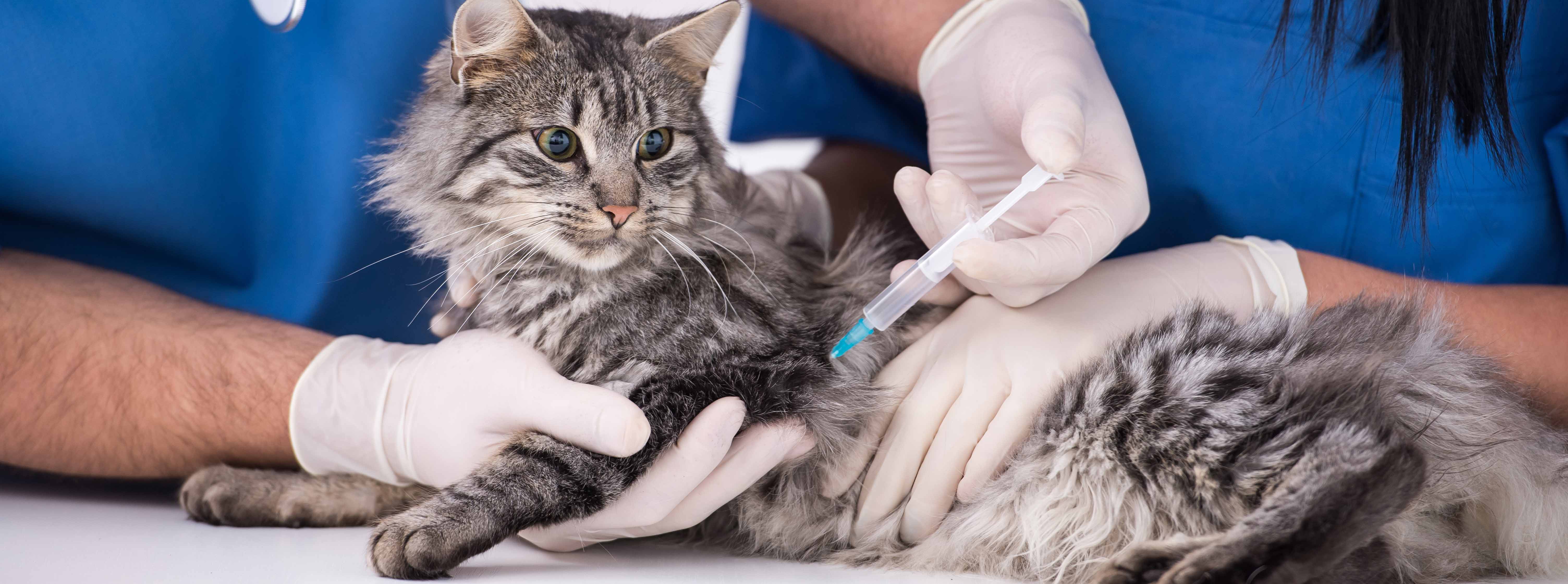
Cat Vaccinations - Queensway Veterinary Hospital
/kitten-vaccination-schedule-4165446_v3-1aedbc8477bc4514909e737f78eee2ab.png)
Vaccination Schedule For Kittens
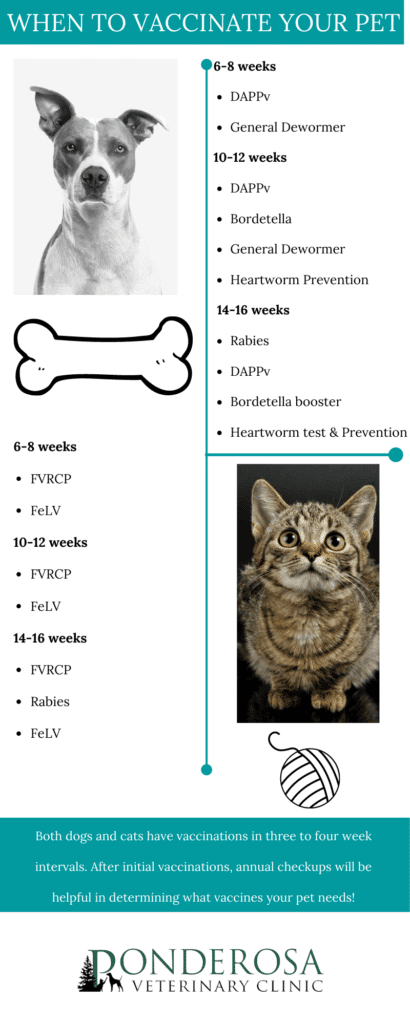
Ponderosa Veterinarian Clinic How Often Do Cats Need To Be Vaccinated
/adult-cat-vaccination-schedule-4846632_V4-ff36ccb34d74410d9652b4307a26e8b3.png)
What Is The Average Adult Cat Vaccination Schedule

Cats Vaccinations Chestnut Hill Cat Clinic
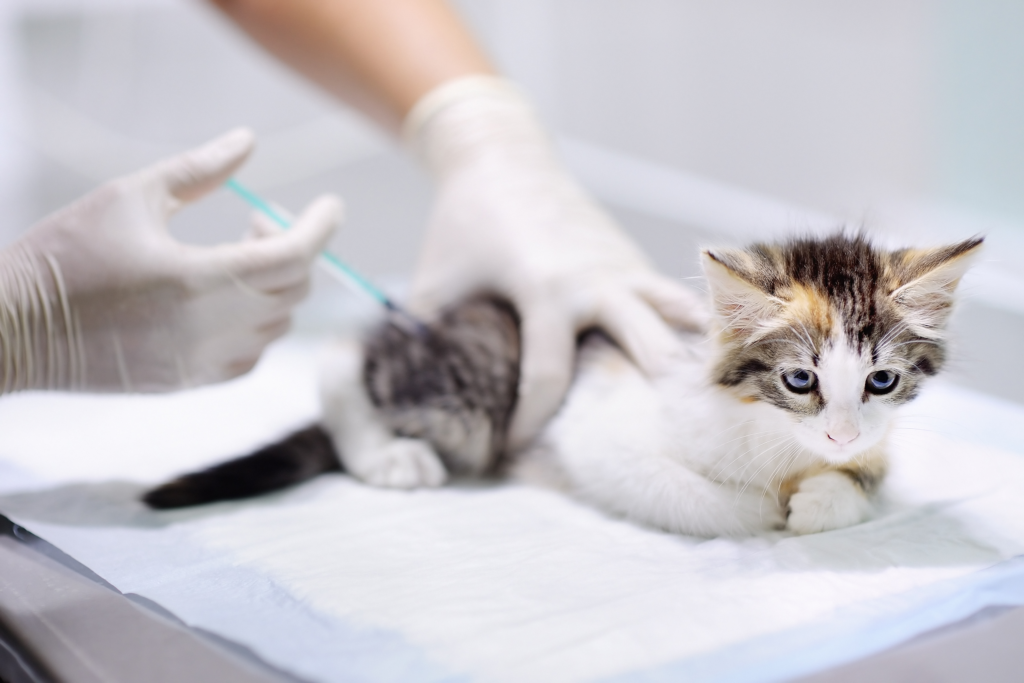
Rabies Vaccinations For Indoor Cats - Friendship Hospital For Animals
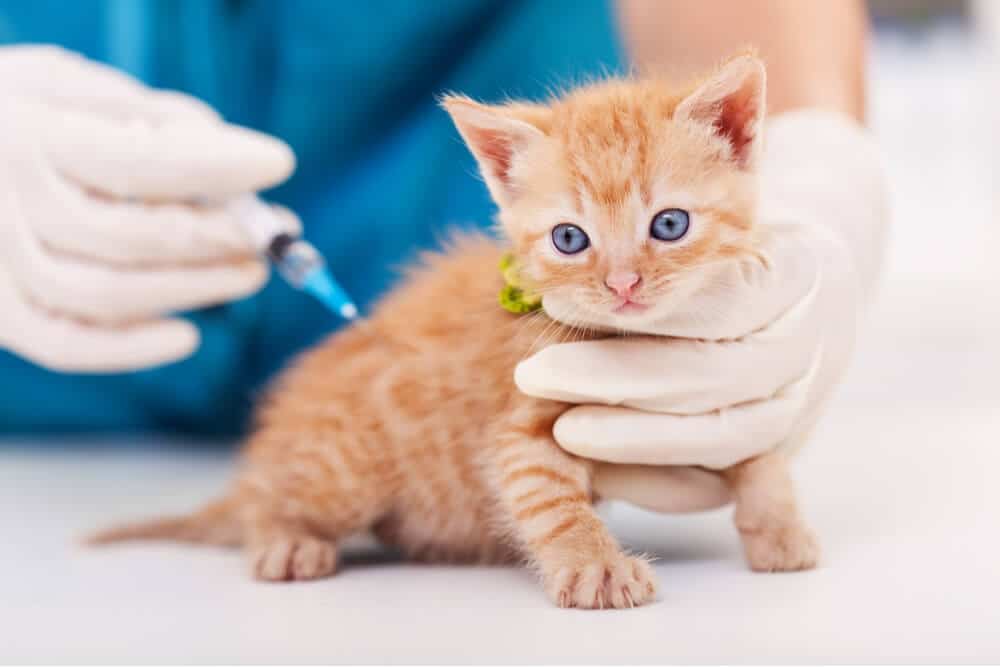
Distemper Vaccine For Cats Schedule Cost Side Effects - All About Cats

Basic Vaccine Schedule For Cats Petmd

What You Need To Know About Rabies Vaccines For Cats Flat Rock Emergency Vet Western Carolina Regional Animal Hospital Veterinary Emergency Hospital

Feline Vaccination Veterinarian In Nashville Tn Animal Hospital Of West Nashville
